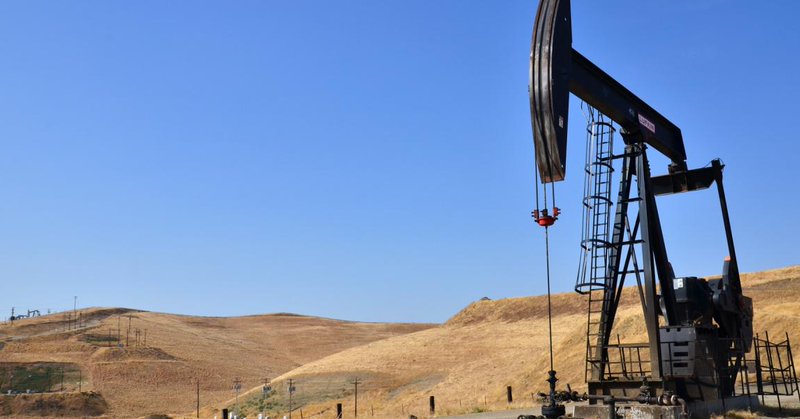
Jim Stock
@jimstockmetrics
Followers
2K
Following
1
Media
0
Statuses
25
Economist and Vice Provost for Climate & Sustainability at Harvard. Obama CEA. Believer in empirical analysis.
Joined March 2021
Interior report on oil&gas leasing ( unfortunately focuses on increasing value to the taxpayer, not on climate considerations. Missed opportunity - and not what Pres. Biden requested in EO 14008.
doi.gov
The Department of the Interior today released its report on federal oil and gas leasing and permitting practices, following a review of onshore and offshore oil and gas programs
0
1
18
Worth noting that Rhodium assumes no CEPP or carbon tax - but instead has EPA power sector regulation starting in 2026 that achieves 80% system-wide emissions reduction in 2030 for existing sources + 90% CCS for all new sources starting 2022.
"Rhodium Group just released an analysis of policy combinations that could close the gap between the current U.S. trajectory and Biden's vow under the Paris Agreement to cut emissions in half by 2030.".
0
2
13
First, 92% of the decline in coal production (nearly the same as electricity generated by coal) through 2016 is attributable to lower natural gas prices, not air regs or RPSs, although RPSs might have helped somewhat later
stock.scholars.harvard.edu
1
0
0



